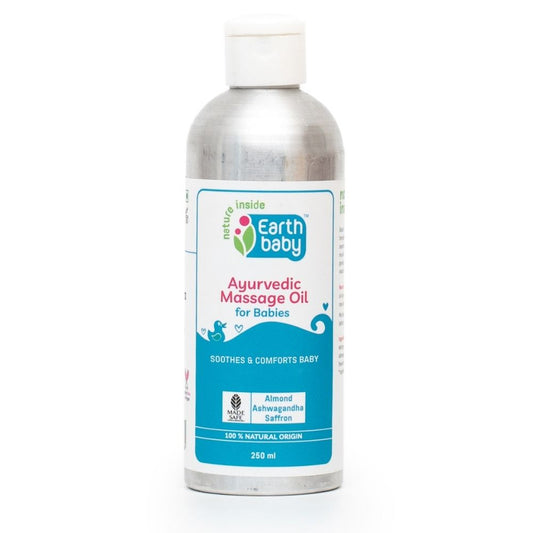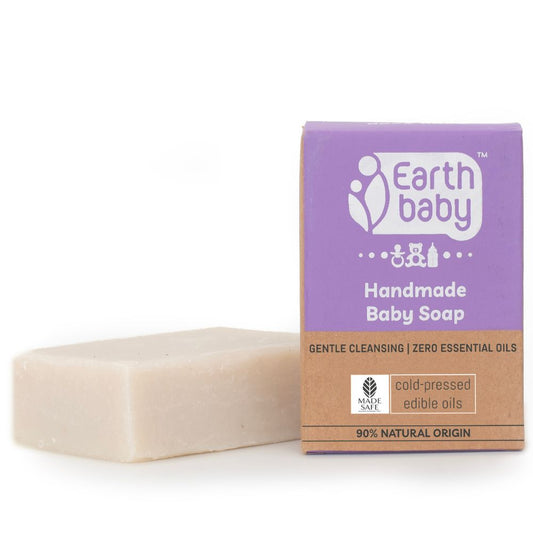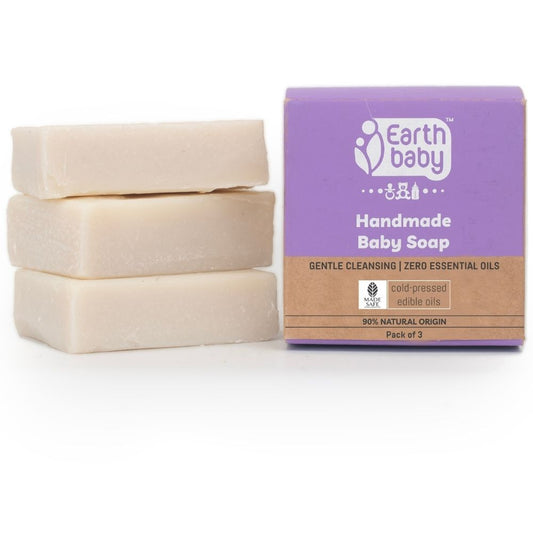How Much Respect, Trust and Freedom is Enough?
Children (and in fact, all human beings) thrive in freedom. They develop at their own pace and they become confident and self-directed whole humans when they are in an environment trust and respect.
So how can the caregivers be assured if we have done enough to create a safe physical environment and a respectful and trusting atmosphere?
How much respect and trust and freedom are enough?
And there is a clear answer to it. The answer is that if the environment is just right, the children will be seen showing, roughly, these 4 tendencies.
The children will show:
- Long periods of focus and purposeful concentration
- Constant self-led activity (includes calm periods of low activity and observation)
- Positive and calm interactions
- Presence of an equal, whole human being who feels more like a friend who is independent in many ways
These 4 are the most prominent symptoms of having provided a safe physical and psychological environment full of respect and trust to the child. There are many more of such symptoms. And all of these together are called The Universal Human Tendencies.
Therefore, it’s useful to know what they are. If we see the Universal Human Tendencies in our children, then we are doing most things right and we can be assured that we are doing justice to the miraculous ability of children to develop themselves.
When they explore in trust and respect, they are calm and are careful in their exploration. They even know when to stop!
What are Universal Human Tendencies?
What are some of the commonalities that we can see in all human beings?
Yes, we look alike. One nose, two eyes, two ears, 2 hands, 2 legs, a straight back, opposable thumb and so on. These are our universal human features. No matter which human being you come across in whichever continent, whether contemporary or in the past, no matter facing what kind of climate and no matter their age. We all see the exact same physical features on a human being. Therefore these human features can be called as universal.
What about our behaviour? Do we see any behavioural commonalities in all human beings across this planet?
Yes, of course there are several commonalities. We learn, we adapt, we observe, we are active, we manipulate our environment, we want to survive and so many more. These activities or aspirations of human beings that can be seen in all the human beings are termed as Universal Human Tendencies. In short, these are the activities that all human beings tend to do.
Universal Human Tendencies – The List
There are about 25 such tendencies which are classified as Universal Human Tendencies. We have chosen 8 most relevant to young children, though it must be noted that most of these tendencies are seen in children right from birth.
| Tendency | What you will observe |
|---|---|
| Communication | Positively communicative child Verbal or non-verbal cues will be clear You as caregiver will feel like you always are aware of your child’s needs When you do something to address the child’s needs, you will see clear positive responses Long periods of focus during communication |
| Observation | Children observing for surprisingly long periods of time Children will show all the signs when they want to look at and observe something |
| Orientation and exploration | Orientation is an act of a human being where he or she tries to make sense of the world around them. Discovery of what’s acceptable and what’s not in his/her culture is the aim of this activity. Children will be seen responding well to clearly and firmly set boundaries. Children exploring their physical surroundings without any prejudice Children will explore the personalities of the adults around them Children will be seen exploring rules of the place that they belong to, sometimes by intentionally breaking them and observing what happens They will be seen testing the limits of the caregivers Long periods of focus and concentration |
| Imagination | Imaginative play |
| Activity / Work | Almost Constant activity Long period of focus and concentration Ability to freely choose and be firm on their willingness to do that activity Impulsive actions of exploration Autonomous and instructive use of the material around, as if the material is telling them what to do |
| Movement | Freely chosen movement Controlled and intentional movement with focus Purposeful movement (many a times an adult may not understand the purpose)A clear understanding of dangerous consequences of certain movements (self-preservation, 3 years onwards) |
| Self-Perfection | A lot of repetition of certain activities (Many a times caregivers may feel baffled at the amount of repetition of certain activities)Long periods of focus and concentration |
| Control of Self | Managing impulses according to impulses (gradual growth in this ability in toddlerhood) Taking proactive help from caregivers before going into a meltdown |






